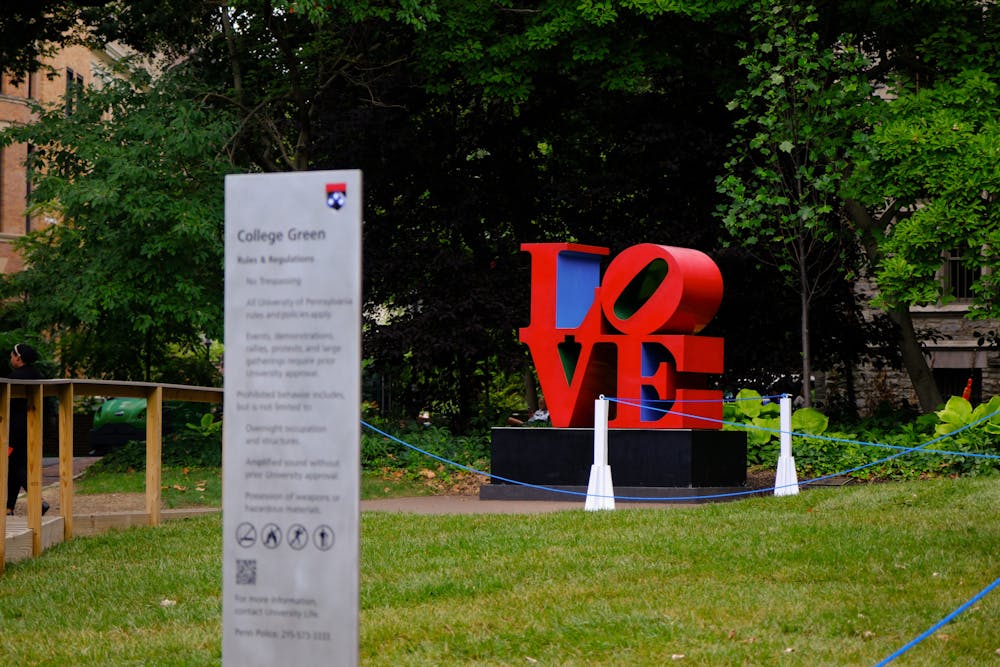
Penn ranked fourth-worst for free speech on college campuses in a recent report released by The Foundation for Individual Rights and Expression.
FIRE, a nonprofit that aims to defend free speech, released its 2025 College Free Speech Rankings on Sept. 5. Penn received a “Very Poor” rating for its speech climate and placed 248th in the list, followed by New York University, Columbia University, and Harvard University with “Abysmal” ratings.
A request for comment was left with a University spokesperson.
The report placed University of Virginia first on this year’s list for its free speech climate. Penn ranked second-to-last in both 2022, when FIRE surveyed 203 schools, and in 2023, when the list consisted of 248 schools.
FIRE determined its rankings by surveying students on several components related to free speech, including “Comfort Expressing ideas,” “Disruptive Conduct,” and “Administrative Support.” It also accounted for university responses to “speech controversies” such as scheduled events, invited speakers, and the sanctioning of student groups.
“The largest factor contributing to Penn’s poor ranking this year is [the] handling of nine speech controversies since 2020,” FIRE Research Fellow Nathan Honeycutt wrote in a statement to The Daily Pennsylvanian. “Penn failed to react in a speech-protective manner in any of the controversies.”
Honeycutt added that Penn can take “proactive measures” to respond to speech controversies in a “speech-protective manner.” He specifically referenced adopting the Chicago Statement — a set of principles developed by the University of Chicago to protect free expression — as well as taking a position of institutional neutrality.
The report stated that Penn was penalized for several instances regarding free speech controversies since 2020 because “in each case, the university did not adequately defend expressive freedoms on campus.”
The list of events cited by FIRE included Penn’s response to the Palestine Writes Literature Festival, the fact that the student group Penn Chavurah was not allowed to screen the film “Israelism,” and the University’s investigation and subsequent suspension of the student group Penn Students Against the Occupation of Palestine.
The FIRE report expressed concerns about Penn’s new Temporary Standards and Procedures for Campus Events and Demonstrations, which were announced over the summer. The report wrote that certain provisions within the guidelines — such as those that require student demonstrators to “be respectful” and not “advocate violence” — are “vague and over broad restrictions on speech that is typically protected under First Amendment standards.”
“Penn must revise each of these policies to reduce the chilling effect they impose on the campus speech climate,” the report wrote.
When the temporary guidelines were released, University administrators also announced the formation of a task force to review Penn’s existing Guidelines on Open Expression, which are intended to uphold the freedom of speech on campus.
The Daily Pennsylvanian is an independent, student-run newspaper. Please consider making a donation to support the coverage that shapes the University. Your generosity ensures a future of strong journalism at Penn.
Donate







